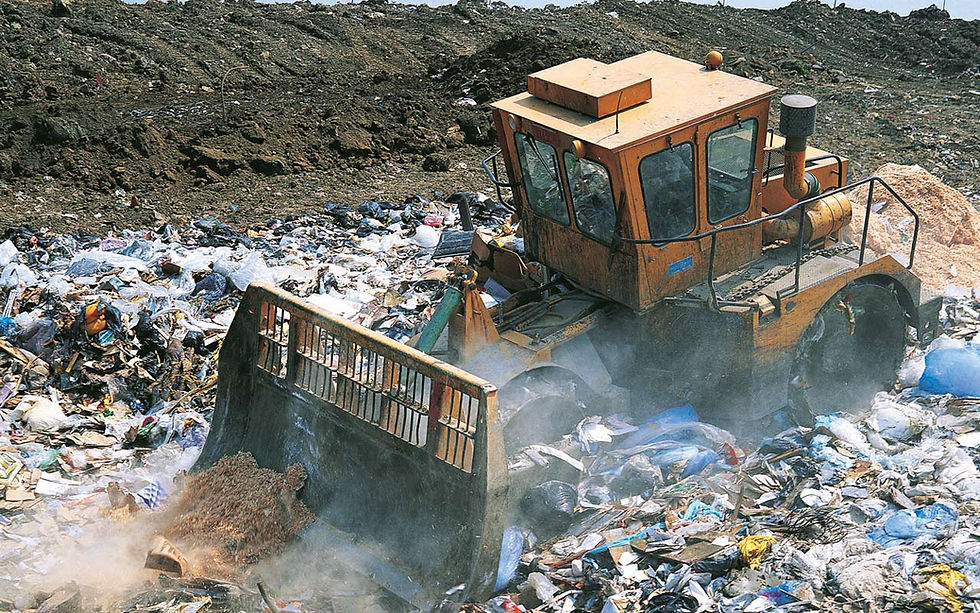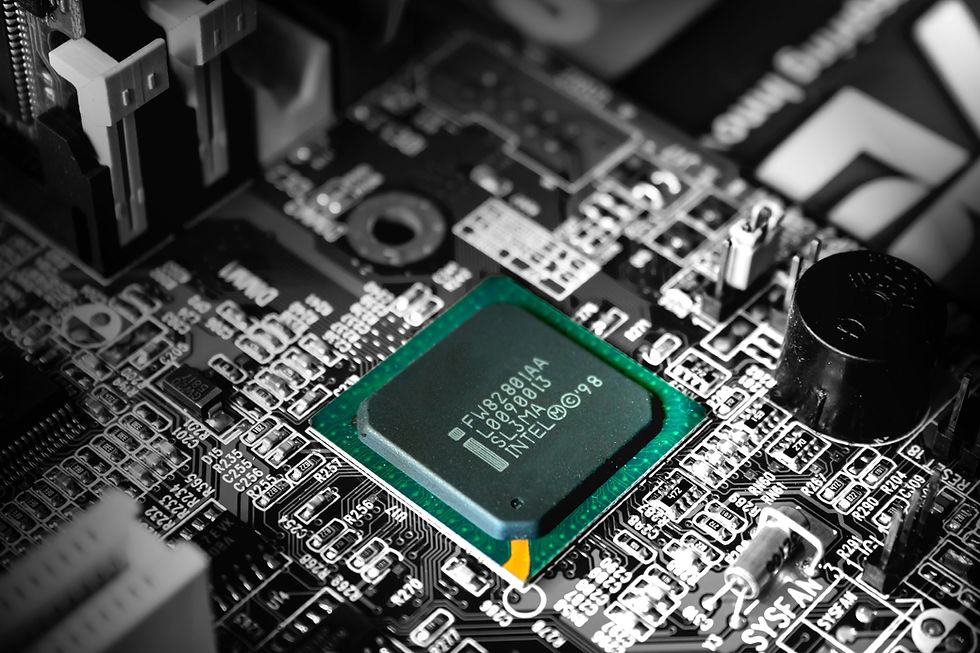What is WEEE?
- Ben Ingle
- Nov 11, 2022
- 2 min read
Electronic waste (e-waste) encompasses a wide variety of different electronics that feature a power or battery supply, for example, phones, computers (iMac, Macbook), tablets (iPad), games consoles, washing machines, and fridges. Once these devices reach the end of their life they are either burned or buried in landfills where they release harmful toxins hazardous to the environment. On average a cellphone user replaces their unit once every 18 months¹, so it is clear that e-waste requires regulation due to an increase in e-waste globally.
In fact, it is projected that electronic waste generation worldwide by 2030 will increase by almost 40% from 53.6 million metric tons in 2019 to 74.7 million metric tons in 2030!²

Waste Electrical and Electronic Equipment recycling or WEEE is a specialist form of the waste and recycling industry which involves the safe disposal and recycling of electronic equipment through directive. Every year an estimated 2 million tonnes of WEEE items are discarded by householders and companies in the UK³, so the WEEE directive is crucial if we want to sustain our ecosystem and local communities.
All businesses in the UK must follow the WEEE Directive to ensure the safe disposal of electronic equipment. This means that all electronic equipment must be recycled through a reputable waste disposal company and data must be removed from any device which features a hard drive or storage device in compliance with GDPR.
Commodities for Computer Electronics
All electronic devices require the extraction of raw materials and rare earth minerals, generally because of their superconducting properties. Copper and Lithium from mines and plastic for keyboards and keycaps are commonly used within the manufacturing process and this, ultimately, has a negative impact on the environment.

Currently, Apple is working towards making carbon-neutral products by 2030 and in fiscal year 2021, nearly 20 percent of their materials came from recycled sources.⁴ This transition demonstrates the importance that large-scale businesses must lead the way and contribute towards a sustainable future.
How we can help
Mac Exchange provides a secure and easy way to dispose of your old Apple equipment. As an ITAD organisation we understand the importance of secure data erasure and asset disposal but also the environmental impact of old electronics. With this in mind, once we collect your assets we will securely erase your devices and pass these directly to Hoxton Macs where they are refurbished to the highest standard and certified for sale. This extends each product’s life, puts those raw materials back to use and greatly reduces the e-waste generated from overconsumption.⁵

Businesses must be pioneers towards a sustainable future for our environment. The increase of e-waste represents a significant challenge which must be overcome to protect our planet. Ultimately, used electronics can be traded in, recycled and repurposed to either make new products or refurbished to prolong the life of existing ones.
If you have any Apple devices such an iPad, iMac, MacBook or Mac Mini please feel free to get in touch with us by calling 0208 191 1745 or emailing us at hello@mac.exchange for advice or a quick quote.
References:



Comments